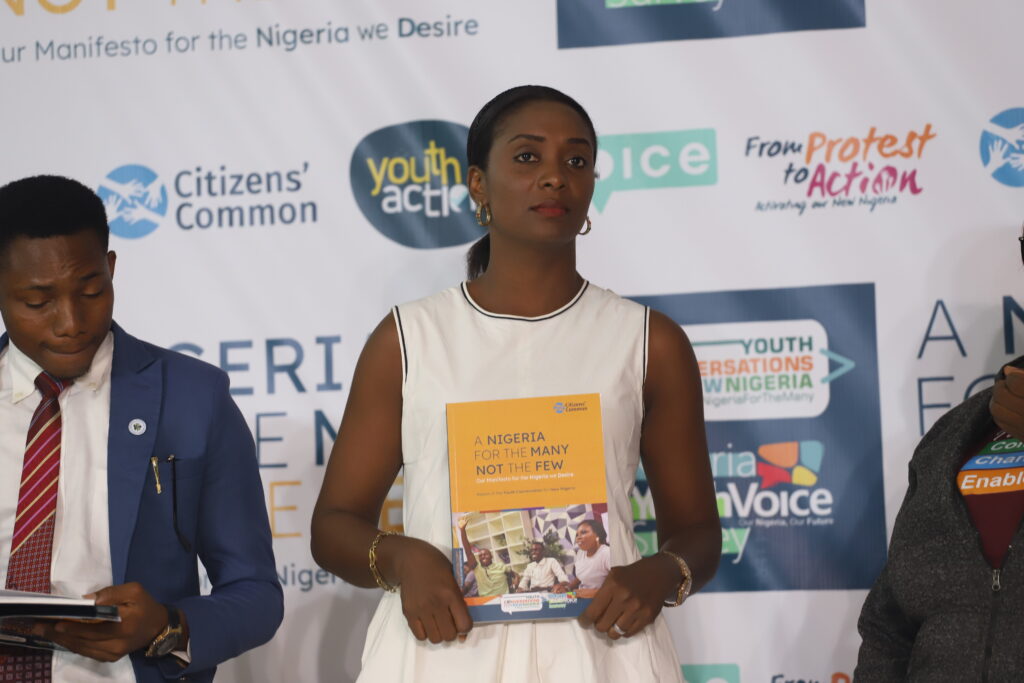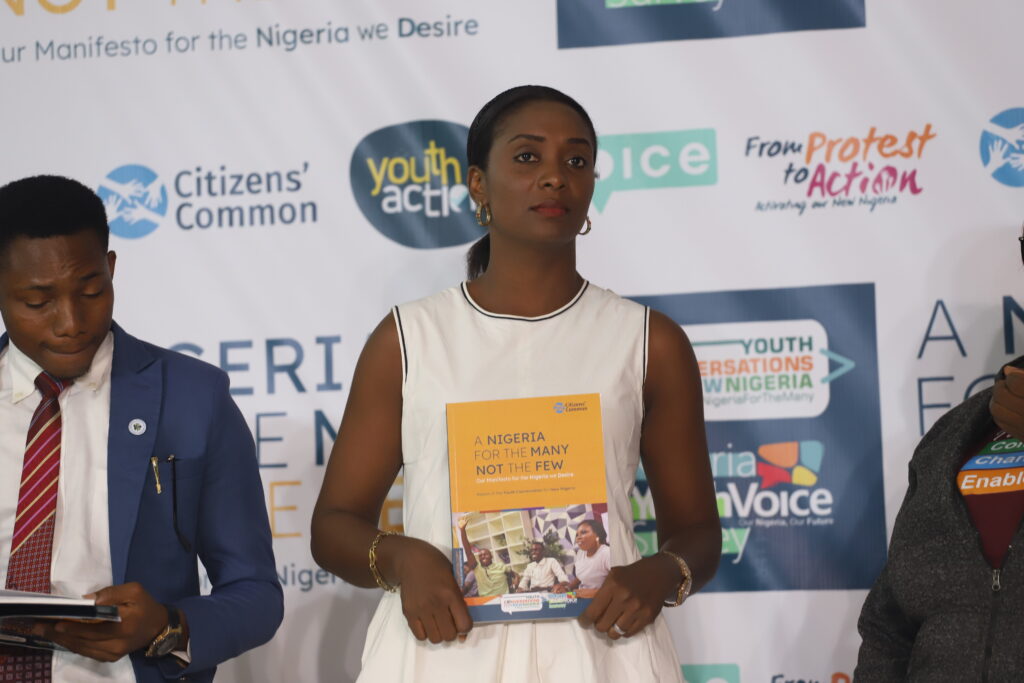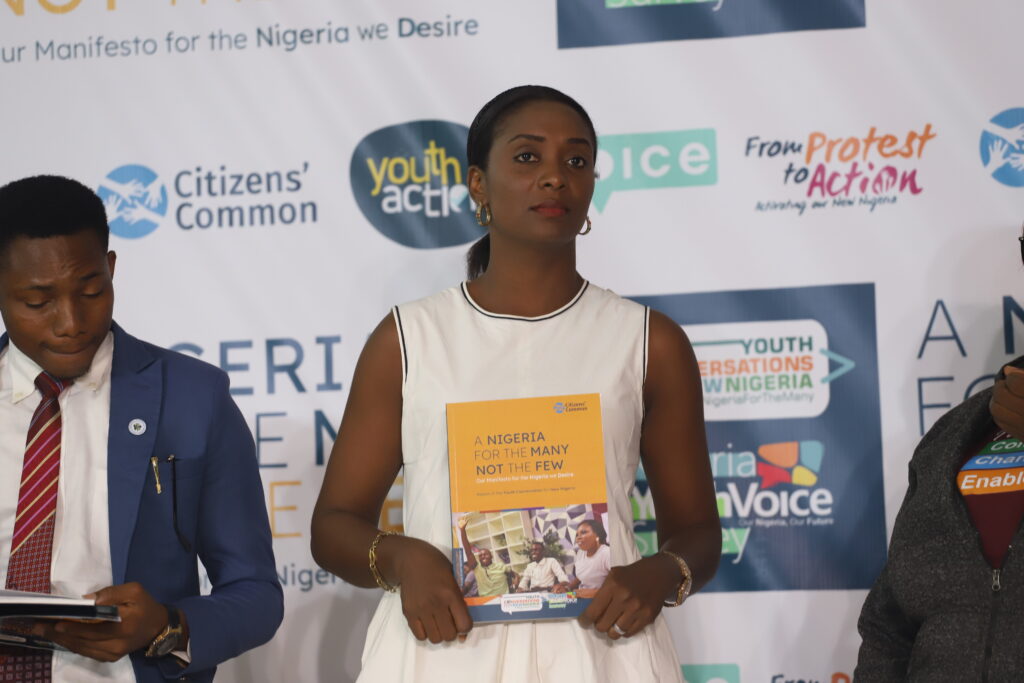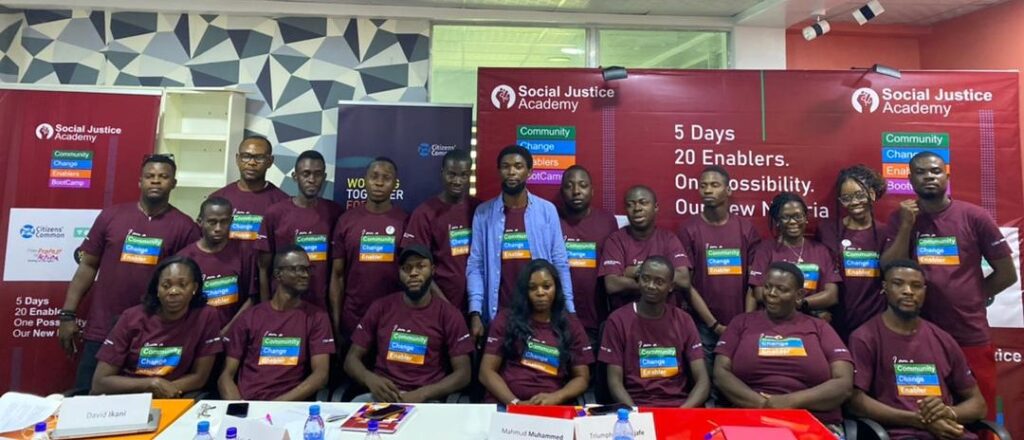
THE FUTURE OF NIGERIA: (RENEGOTIATING NIGERIA) Federalism, Restructuring IPOB/ODUDUWA Nation.
Written by Precious Ebere
Restructuring has been a household discourse for a long time in Nigeria, and this discourse will not be ending anytime soon. If we are to plan for the future of Nigeria, it would mean revisiting the past in order to understand how to navigate through the hurdles of the present.
Nigeria has gone from a once united nation into a developmental chaos.
With numerous breakouts, spiked insecurity, and groups seeking to secede, it is only a matter of time before fragmentation will occur and the brunt of these stacked problems will be felt.
All of these arising problems have paved the way for the discourse on internal restructuring to fix the cracks in the wall, but then is this proposed solution one that will save our boat (Nigeria) or sink us?
In order to restructure Nigeria, we should first understand what it means for a country to undergo restructuring and the areas it will affect. Restructuring in layman’s terms means the act of organizing systems and methods of operations in a way that will make them more effective in performance output.
Nigeria must return to the status quo as stated in this extensive article by Eugene Uwalaka in the Guardian where he stated that “Restructuring is a constitution review strategy aimed at bringing government as closely as possible to the people at the grassroots”.
(https://guardian.ng/opinion/restructuring-definition-and-form
During the Reign of His Excellency Olusegun Obasanjo as President of Nigeria, restructuring was perceived to be the solution that would send the country into true federalism-rule of order. However, the system of Federalism that Nigeria operates on after matters revolving around restructuring has been aired by stakeholders is “the rule of thumbs”
Nigeria is believed to be operating under the Federalism rule of thumb, but a plethora of people in the grassroots have sent in their viewpoints on federalism all disagreeing with the type of federalism practiced in Nigeria.
Federalism is a system of government where the power of rule is shared between two governing entities and none overriding the other. This principle, which Where (1963: 10) called the federal principle, has been defined as the ‘method of dividing powers so that the general and regional governments are each, within a sphere, co-ordinate and independent. What is meant by ‘independent’ here is that each tier of government has its independent functions and neither has supreme authority over the other.
(http://50shadesoffederalism.com/case-studies/nigeria-federation-search-federalism)
Nigeria became a country practicing federalism in the Year 1954 as dictated by our founding fathers. It was believed to be one of the most profitable systems of government for the people. However, what exists today is a federation in which the states are fiscally dependent on the center. This is a negation of the federal principle that enjoins independence among the governments of a federation. ( excerpts from Dele Babalola)
The problem with the Nigerian practice of Federalism is that it causes agitation in certain parts of the nation for example the South-East calls for change as they strongly believe that the system is rigged against them especially when it comes to the allocation of resources. The South-east also believe that the system has not favored Igbos when it comes to the political scene ever since the end of the Civil War in 1970.
The Igbos demand for the restructuring of Nigeria more than other regions such as the Niger Delta and other minority ethnic groups. However everyone have different reasons why they demand restructuring.
The Civil War occurred after the massacre in Northern Nigeria claimed the lives of many Igbos. Lieutenant Colonel Chukwuemeka Odumegwu Ojukwu created the Biafra sect now termed the IPOB( Indigenous People Of Biafra) because the Igbo speaking groups of Nigeria wanted to secede.
The group was formed by Nnamdi Kanu in 2012 and has since been seen as a terrorist group by the Nigerian government resulting in clashes and numerous deaths. The group has seen remarkable growth over the years under the leader and has even used social media influence to propagate its agenda coupled with an online radio to dissipate and campaign its purpose.
Nnamdi Kalu believes himself to be a Moses of sorts, who has been sent to the Igbos to set them free. This has led him to lead his loyalists to take drastic measures such as forming a security suit for Eastern Nigeria called the Eastern Security Network (ESN). These security operatives are currently the law and order in the east going as far as inducing a mandatory Monday sit-at-home. Mazi Nnamdi Kanu has often been quoted saying “Biafra to us is a religion, we believe that the restoration of Biafra is not in the gift of man to give.”
This fire of the IPOB movement is surely not dying down anytime soon, as it even has a cross-border reach and its supporters have connections that run deep. This movement will always clash with the Nigerian government as it is in opposition to the ideals of the nation.
Lest we Forget, the IPOB is not the only group that has desired to be cut off from the Nigerian government. Another sect is the Oduduwa Nation which is mostly populated by the Yoruba community who also seek secession from the Nigerian government because their values don’t align with the big picture they dream of.
The wild run of different sects wishing to break free in the nation goes to show how deplorable the situation of things has become.
Restructuring the Nigerian government will mean looking into all facets of the government to work out what is wrong and what needs fixing. It is going to be a rigorous task that will cause upheaval amongst those enjoying the current state of things. It would call for an overhaul of the status quo and we can already see the effect of such a mass movement on society.
This begs the question, will Restructuring give the results we seek or pull us deeper into the abyss? Will it make a nation that has lost its negotiating powers great again? Or will we be so lost after the process that there will be no scraps to pick up?
Nigeria has come a long way, from military rule to democracy and despite factions bursting out for various reasons, the seams of the nation hold fast. However, the fact remains that imposed unity sooner or later implodes and causes massive fallout that will leave deep scars in the minds of all involved.
Talks of restructuring have come and as often as they rise, they are bashed as the government refuses to tow that line. Additionally, Renegotiating Nigeria is an angle that has been raised over time, in the course of talking about making the nation better we need to talk about renegotiating Nigeria. It is wise to make clear that a renegotiation does not necessarily lead to a disintegration of the country.
It only leads to a spelling out of agreed terms under which the various nations, which constitute the country, are willing to remain together under one flag as a nation. This is imperative.
Nigeria’s unity can be renegotiated if it is established on well-defined moralities that will serve to fix the struggle for Nationhood and the political canvassing that is propagated.
In conclusion, If Nigeria chooses to fix its issues, either by restructuring or renegotiating its tenets, it will be a turbulent process yet still, it can give birth forward to a better Nigeria.
This article is an Excerpt from the report ” A Nigeria For The Many And Not The Few”







Responses